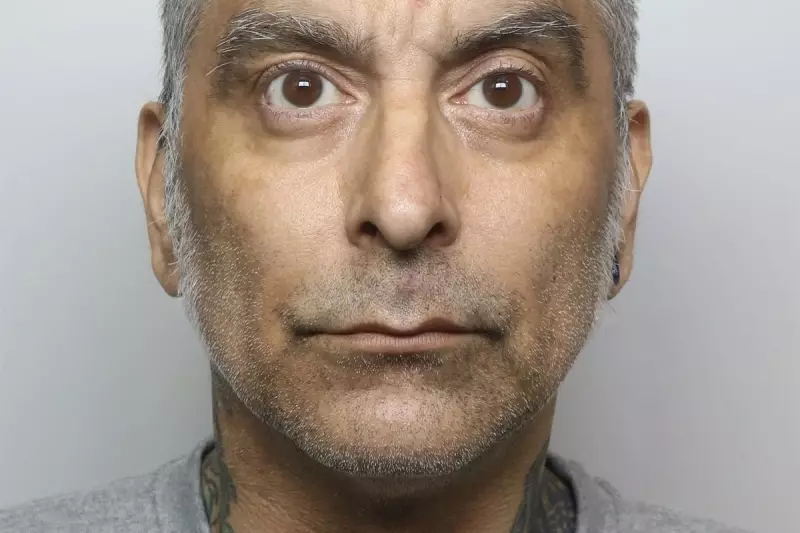
In a startling case that has sent shockwaves through civil liberty circles, Thames Valley Police has been forced to pay £13,000 in compensation to a charity volunteer wrongfully arrested for the content of his silent, internal thoughts.
The Incident: A Prayer in the Mind
Graham Smith, a 52-year-old from High Wycombe, was standing near an abortion facility in Bournemouth in October 2022. His crime? He was suspected of engaging in a silent prayer, an act which officers on the scene deemed a potential violation of a local Public Space Protection Order (PSPO).
Despite Mr Smith's clear and repeated assertions that he was not protesting, holding any signs, or speaking to anyone, he was handcuffed, arrested, and detained in a police cell for over eight hours. The arresting officer infamously stated that Mr Smith "may be praying, you may not be, but that's why you're here".
A Chilling Precedent for Freedom of Thought
This case sets a deeply concerning precedent. Mr Smith was not arrested for any disruptive action or speech, but purely for what a police officer perceived to be happening inside his own mind.
- No Evidence of Wrongdoing: No signs, no leaflets, no attempts to communicate with service users.
- Detained for 8+ Hours: Held and questioned for a thought that never manifested as an action.
- Charges Dropped: The Crown Prosecution Service later confirmed there was no case to answer and dropped all charges.
Legal Reckoning and Police Admission
Following a legal battle supported by the Alliance Defending Freedom (ADF UK), Thames Valley Police conceded that the arrest was a direct violation of Mr Smith's rights under Articles 9 (freedom of thought), 10 (freedom of expression), and 11 (freedom of assembly) of the European Convention on Human Rights.
In a formal statement, the force admitted there was "no evidence to suggest that Mr Smith had committed any offence" and that his arrest was "not necessary, proportionate, or interfered with his rights."
A Landmark Victory for Fundamental Freedoms
While the financial settlement provides some redress for Mr Smith, the implications of the case are far broader. It serves as a stark warning against the overreach of PSPOs and the chilling effect they can have on the most fundamental of human rights: the freedom to think.
Mr Smith stated that his victory is not just personal, but "a warning to police forces across England and Wales: you cannot arrest someone for their thoughts." The case raises critical questions about police training, the interpretation of laws around protest, and the protection of silent, peaceful activity in public spaces.





